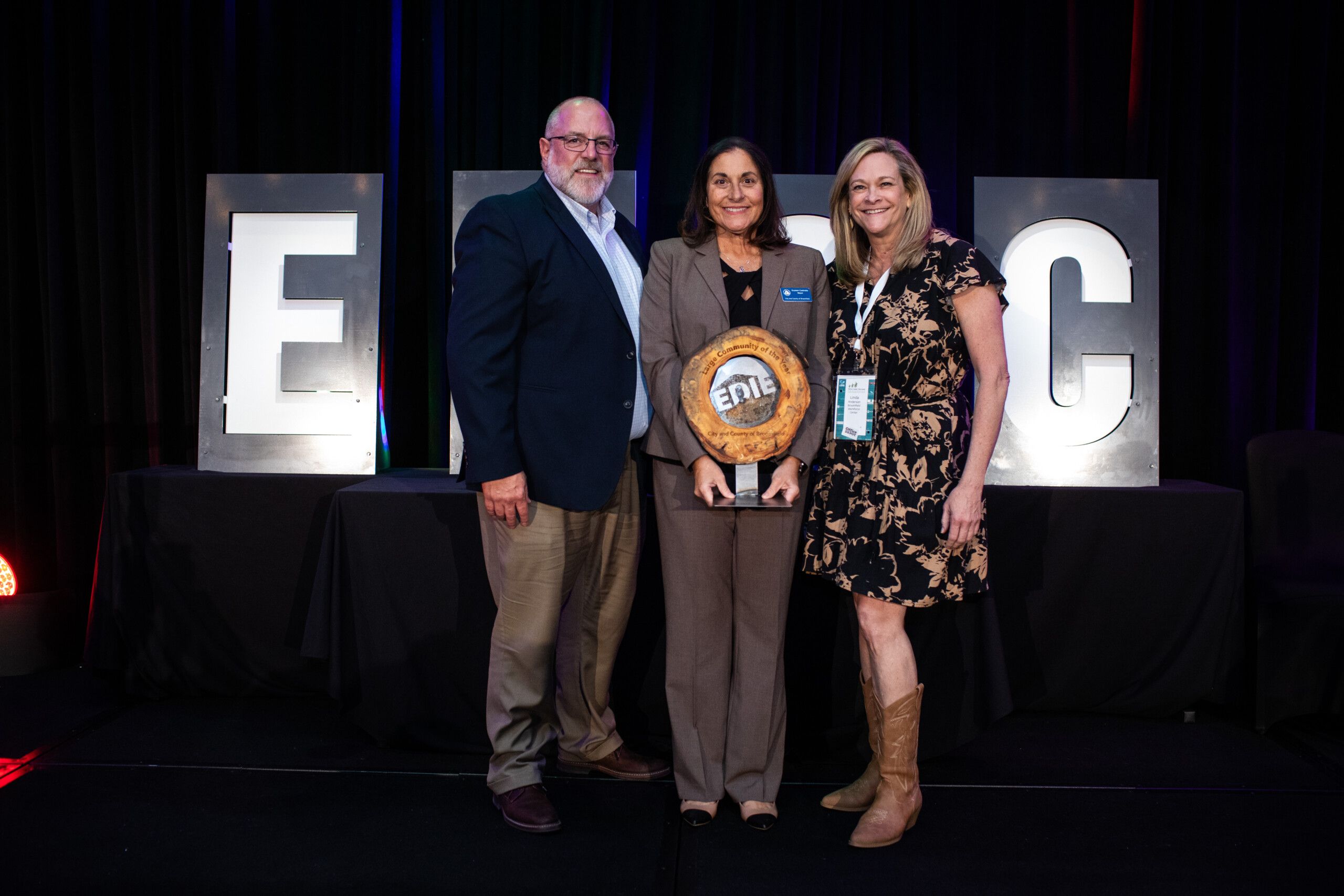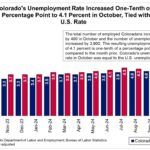Communities must work to address housing affordability
Affordable housing is defined as any housing (rent or mortgage plus utilities) where the total cost is not more than 30 percent of a household’s annual income. Broomfield’s median income in 2014 was $53,482, according to the U.S. Census Bureau. According to Apartment List, in 2015 Broomfield rose to the third most expensive Colorado city in which to live, with a two-bedroom apartment renting for an average of $1,700 a month. A household’s annual income would need to be more than $65,000 to make this apartment rate affordable, which does not include utilities. This means that “Affordable” depends on income.
The nonprofit Enterprise Community Partners is focused on ending what they call “housing insecurity” and has identified nine areas that are impacted by the lack of affordable housing including economic security, education, health, transportation and the growing population of low-income seniors.
The Colorado Center on Law and Policy published a “Self-Sufficiency Standard” for Colorado in 2015. The shocking headline for Broomfield was, “Broomfield County families need income more than three and a half times the federal poverty level to make ends meet.” They state that in order to close the wage gap, there needs to be both a reduction in the cost of housing and an income increase. The move towards self-sufficiency will require access to training and education as well as job opportunities that provide long-term skill and career advancement.
SPONSORED CONTENT
Many feel that Colorado’s Construction Defects Law has had a devastating and lasting effect on condominium housing, leading to the increased cost in apartment rentals and housing prices. This leads to the debate between affordable-housing options and homeowner’s rights. Those in favor of upholding homeowner’s rights feel that condominiums will return when the market calls for it. Patricia Silverstein, chief economist with Development Research Partners in Jefferson County, has reported that nine years ago 25 percent of single-family home starts in metro Denver were condos. In 2015 that number dropped to only 3.4 percent.
Colorado’s Low Income Housing Tax Credit is set to expire at the end of this year. This tax credit program had been gone for more than 10 years when in 2014, House Bill 1017 was passed providing a credit equal to 30 percent of a property’s qualified basis. The program was authorized for 2015 and 2016 with a cap of $5 million available each year. According to the Colorado Housing Finance Authority, in just one year this program has “successfully supported the development of 1,902 affordable rental housing units and leveraged over $168 million in private sector investment into Colorado. The development of these units will generate $593.8 million in economic impact and support 3,361 jobs.”
The CHFA is working with a coalition of business and community partners to extend the LIHTC through 2019. Earlier this year, during his State of the State address, Gov. John Hickenlooper called on the General Assembly to extend the LIHTC program.
There has been a grassroots effort in Broomfield to tackle this issue. Started by volunteer Debra Meyer, the Affordable Housing Task Force is made up of clergy leaders, nonprofit and agency leaders, developers, business leaders and representatives from the city and county of Broomfield staff and council. It was born out of the Broomfield Clergy Alliance that brought clergy and faith leaders together to identify and address the needs of those in the community. Affordable Housing provider Solvera Advisors is part of this effort and has stated that about 6,000 households in Broomfield are in need of immediate affordable housing.
This clearly is a complicated problem for both our state and our communities. While investing in a home accounts for 3 percent to 4 percent of economic activity, it has a tremendous impact on economic cycles. There must be a diverse range of housing options in every community, innovative education and relevant workforce development. Broomfield has begun the conversation and must stay diligent in finding solutions.
Jennifer Kerr is president and chief executive of the Broomfield Chamber of Commerce.
Communities must work to address housing affordability




